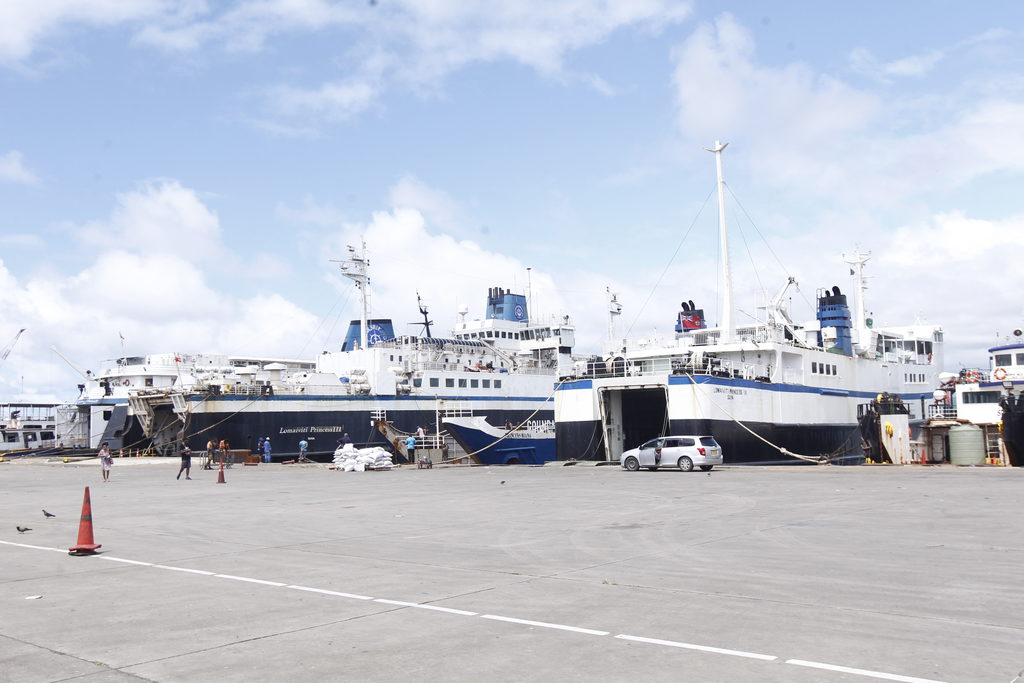The Maritime Safety Authority of Fiji (MSAF) has issued a strong reminder to all vessel owners and operators to strictly observe safety requirements at sea.
This word of caution comes in the wake of a tragic maritime incident near Vio Island, off the coast of Lautoka, on Sunday night.
It raises the dangers of complacency at sea.
Five people had departed from Saweni, just outside Lautoka, on what was meant to be a routine fishing trip to Cuvuli Reef aboard a 19-foot fiberglass boat powered by a 60-horsepower engine. Reports suggest the vessel encountered difficulties around 8pm.
The lone survivor, Abdul Ashif Hakh, managed to raise the alarm the following day.
It was a reminder of how quickly things can go wrong and how isolation at sea can turn deadly.
Search and rescue operations involving the Fiji Police Force, the Fiji Navy, and MSAF are continuing in an effort to locate missing people. The damaged boat has since been recovered and towed to port, and MSAF has confirmed a full investigation will be conducted to determine the cause of the accident, including whether the vessel met compliance and safety standards.
The authority has also urged seafarers to ensure their vessels are seaworthy and properly registered, that all lifejackets and lifesaving appliances are certified, and that weather conditions are checked before departure. It reaffirmed its commitment to maintaining strict oversight of maritime safety.
Once again, we are reminded of a hard truth. There must be a mind-set change across the country when it comes to safety at sea. Too many people are still taking unnecessary risks. Too many people continue to travel without wearing lifejackets.
For many who regularly go fishing or travel between islands, there remains a worrying attitude of casual disregard, a false sense of security that “it won’t happen to me”.
But the ocean is unpredictable. Weather patterns can change in minutes. Calm waters can turn treacherous without warning. Those who venture out without proper safety gear or planning are not just risking their own lives, but the lives of everyone on board, and those who must later risk theirs to rescue them.
So, it pays to be prepared. That is why MSAF’s advice should not be taken lightly.
The sea demands respect. It calls for vigilance and discipline from everyone who sets foot in a boat, whether for fishing, transport, or leisure.
Wearing a lifejacket is not optional. It is a simple act that can mean the difference between life and death. Checking the weather forecast before leaving shore, informing someone on land of your travel plans, carrying communication devices, and ensuring your vessel is in good condition. These are responsibilities.
Each time a tragedy like this happens, we are forced to ask: could it have been prevented?
Too often, the answer is yes. And yet, the lessons fade too quickly after the headlines pass.
As search teams continue their efforts and families wait anxiously for word of their loved ones, we must see this tragedy as another wake-up call.
Safety at sea is not just the responsibility of authorities. It begins with each of us.
Respect the sea, follow the rules, and never take chances with your life or the lives of others. Because out there, beyond the shoreline, nature always has the final say.



